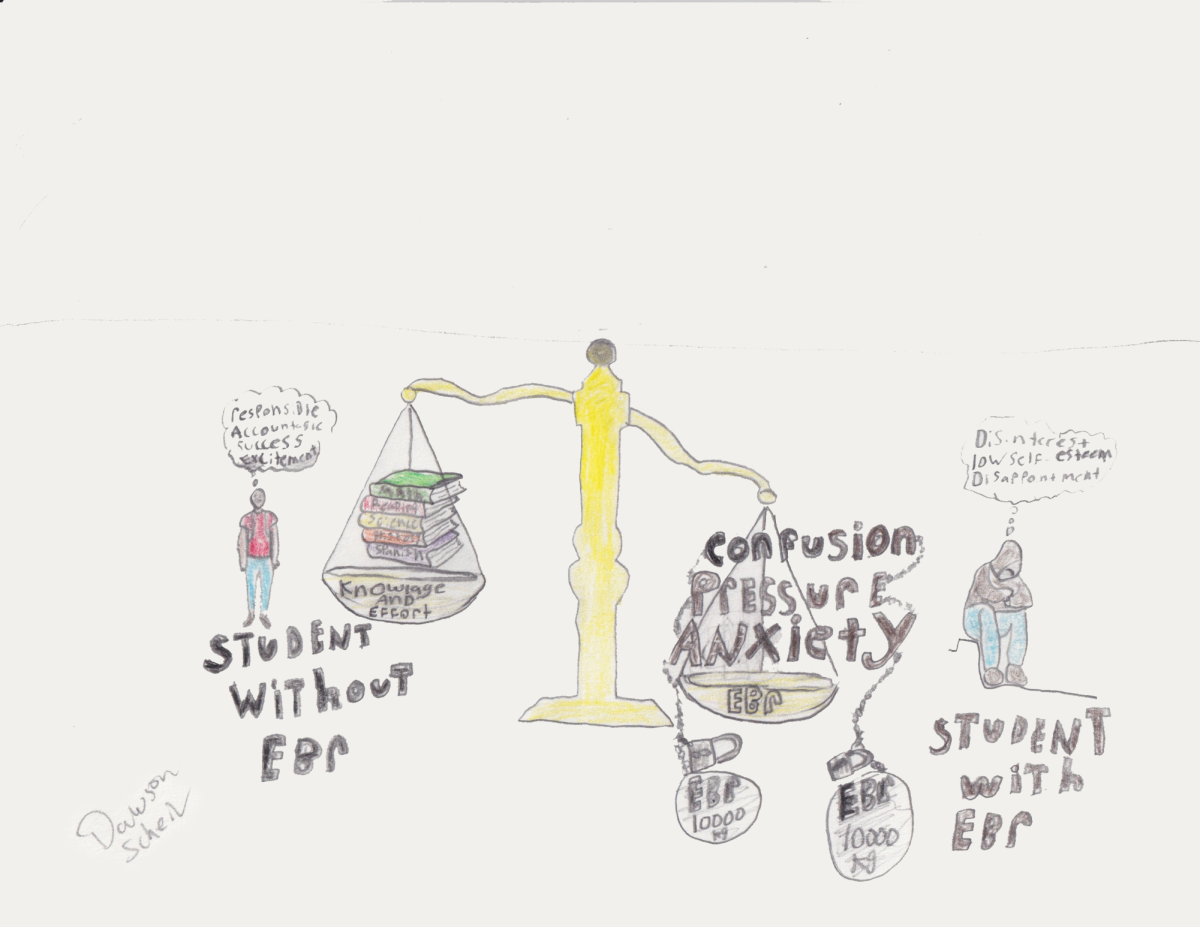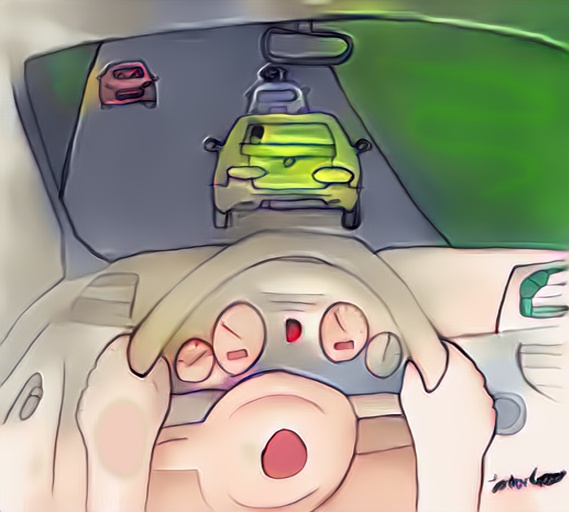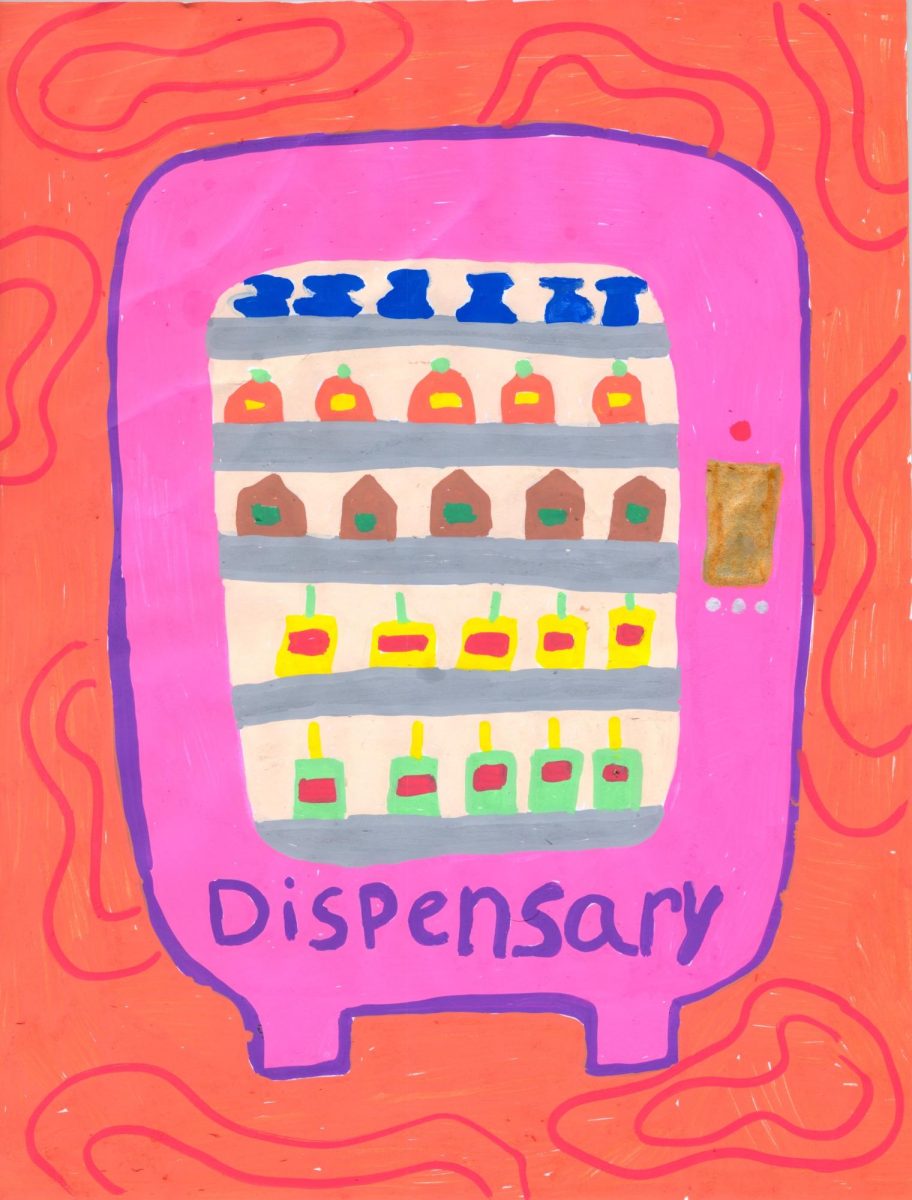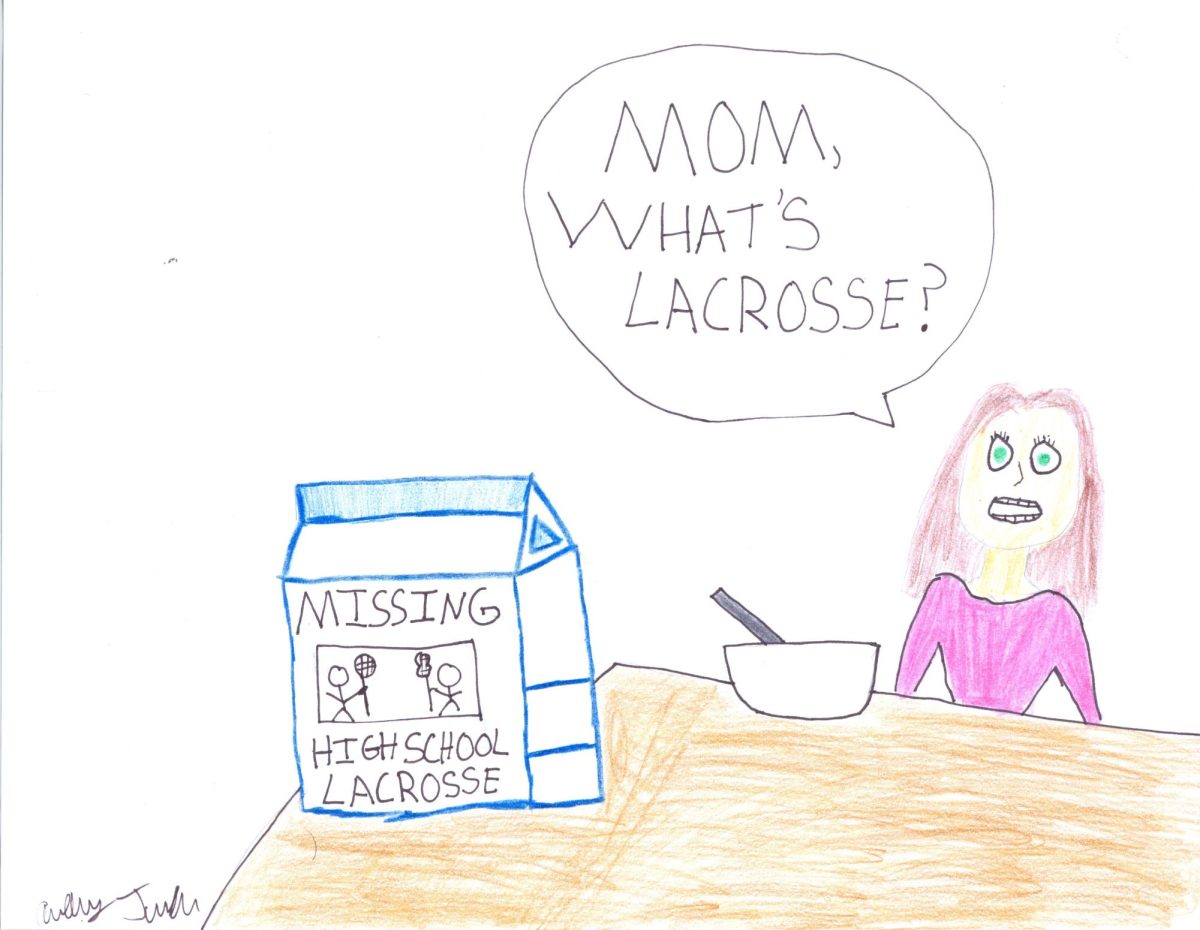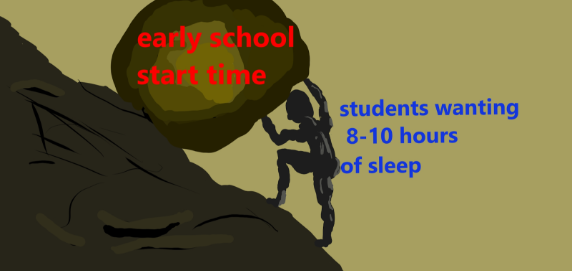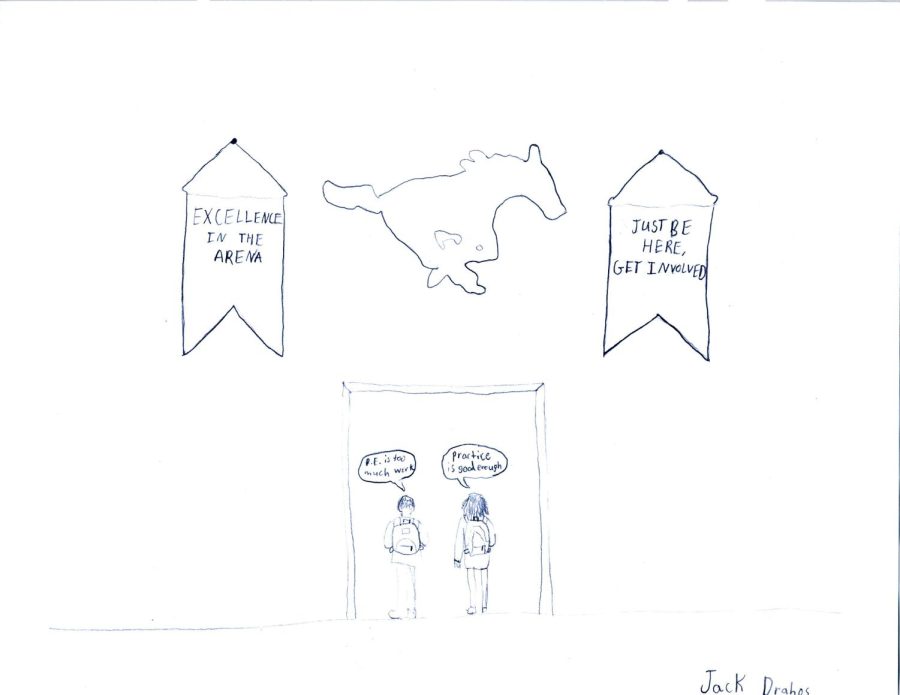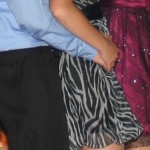 By Paulie Massey-
By Paulie Massey-
Every decade, teenagers push the envelope with the latest styles of dancing. But this year, parents and school authorities think they’ve gone too far. Across the nation, high schools are banning the type of dancing known as grinding (also called twerking or freaking) from school dances, deeming it sexually suggestive and inappropriate.
Although grinding may be reasonably considered inappropriate by some, it is unrealistic to expect a group of hundreds of teenagers gathered to dance all night long to be 100% hands-off. Before grinding became popular, it was regular practice for couples to kiss throughout slow songs all night long right there in front of everyone at school dances. Chaperones at Mount Vernon dances admit to bearing witness to zero kissing at recent events. So parents, would you rather have your sons and daughters do a little bumping up against each other or do you want them making out for the whole school to see?
It makes sense for parents who have a problem with grinding to tell their kids individually that they aren’t allowed to go to school dances, or to encourage them to learn other styles of dancing. If we were to ban grinding from dances here at Mount Vernon, I’m confident that we would see a dramatic drop in dance attendance. This point is proven in schools around the area that have made the ban; at Solon, a school of similar size to us, so few students want to go to a grinding-free homecoming dance that the majority go to an “alternative homecoming” party where they can dance however they want.
Sioux Center is another school in Iowa that recently banned grinding. Ticket sales for their homecoming dance were about 150 tickets short of what past years would yield. At a school of 4,000 plus students, this is still a good turn out. At Mt. Vernon, this would cut attendance in half, leaving only about 150 people at homecoming. This would greatly deplete Student Council’s budget (the majority of which comes from school dances), meaning less charity work and fun events for students to be involved in. Also, a negative attitude toward the dance can ruin the whole spirit of homecoming week, the highlight of the year for many students. School dances promote student unity and provide for a fun time without the use of illegal substances or other illicit activities. I can’t imagine that parents would rather have their kids drinking at parties or getting involved in sketchy circumstances than dancing maybe a little closer than necessary at a supervised school function.
The biggest problem with the proposed grinding ban is that it will infuriate students and cause them to not come to dances. This type of dancing, however sexual it may be, is the only way that teens of today know how to dance. So before we can consider banning their only moves, we have to teach them some new ones. We could attempt to move toward less grinding by offering sessions to teach kids how to dance in different styles like salsa, swing, square, or polka dancing. On dance playlists we could infuse more songs that provide for these different styles of dancing instead of having three hours of non-stop grinding. If chaperones think that couples are getting “too dirty” on the dance floor, they can by all means intervene, but it just isn’t fair to ruin an innocent night of fun for the whole student body.

